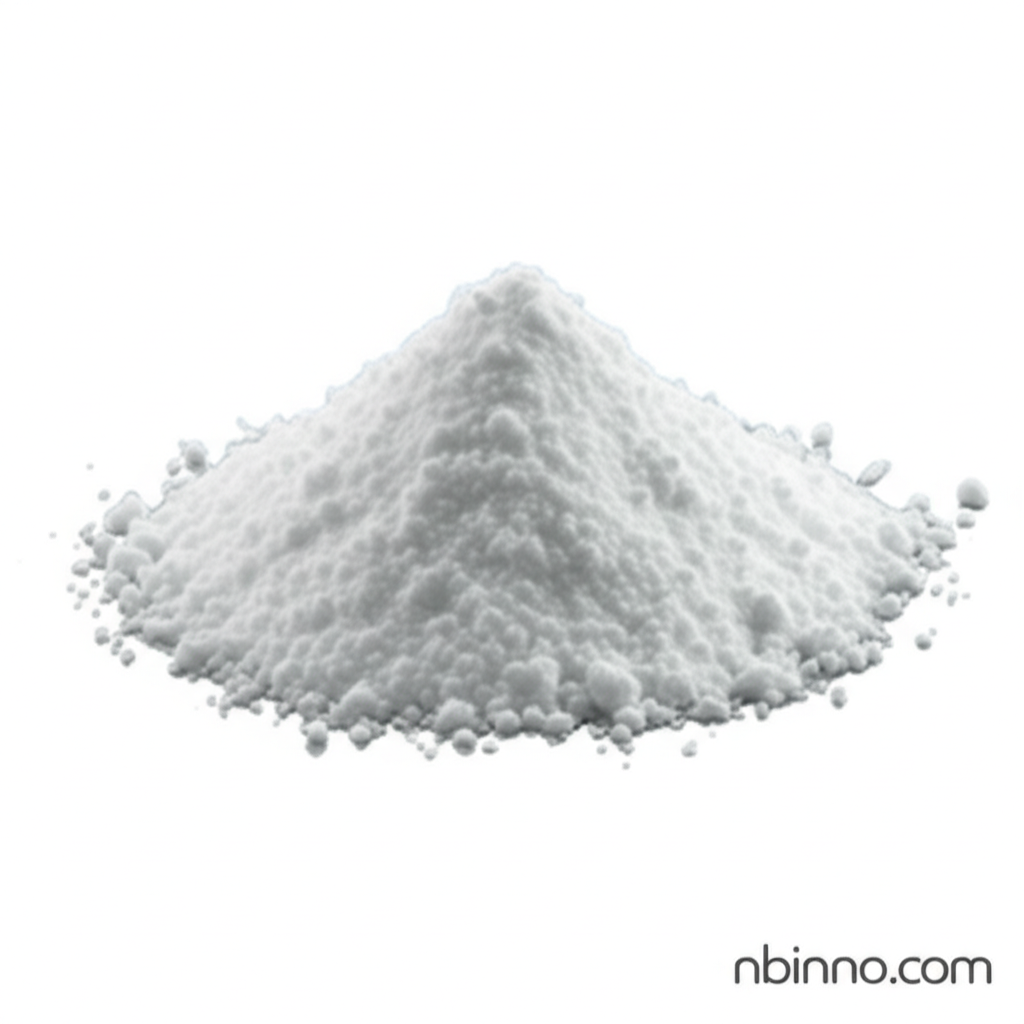High Purity Sodium Thiocyanate (CAS 540-72-7): Industrial Grade Applications and Benefits
Discover the versatile industrial applications and benefits of high-purity Sodium Thiocyanate for your chemical needs.
Get a Quote & SampleProduct Core Value

Sodium Thiocyanate
Sodium Thiocyanate, a vital industrial chemical, offers a broad spectrum of applications due to its unique properties. As a colorless, deliquescent salt, it is primarily utilized as a source of the thiocyanate anion in various chemical and industrial processes. Its high purity grades ensure optimal performance in demanding applications.
- Explore the extensive uses of Sodium Thiocyanate in construction, serving as a hardening accelerator for cement and concrete mixes, a key application for improving build times.
- Understand its role as a crucial chemical intermediate in the synthesis of herbicides and insecticides, contributing to agricultural chemical production.
- Learn how high purity Sodium Thiocyanate is employed in the production of ink for ink-jet printers and as a photographic stabilizer, enhancing image quality and longevity.
- Investigate its function as a corrosion inhibitor and its use in textile dyeing to improve fabric penetration and dye fixation.
Key Advantages
Exceptional Purity
Accessing high purity Sodium Thiocyanate ensures consistent and reliable results in sensitive industrial processes, supporting your production quality. This is crucial when buying Sodium Thiocyanate industrial grade.
Broad Industrial Utility
The multifaceted applications of Sodium Thiocyanate, from construction admixtures to chemical manufacturing, make it a cost-effective and versatile solution for diverse industry needs.
Chemical Versatility
As a key chemical intermediate, Sodium Thiocyanate facilitates the production of essential agricultural chemicals, highlighting its importance in the supply chain.
Key Applications
Concrete and Construction
Sodium Thiocyanate acts as a concrete hardening accelerator, improving the efficiency of construction projects. Understanding its applications in construction is vital for procurement decisions.
Chemical Manufacturing
It serves as a critical intermediate for herbicides and pesticides, underscoring its importance in agricultural chemical manufacturing. Procuring this chemical intermediate is key for many production lines.
Textile and Dyeing
In the textile industry, it aids in dyeing processes, enhancing dye penetration and fixation, leading to better quality fabrics.
Photography and Inks
Its use extends to photographic stabilization and ink production, demonstrating its utility across various specialized sectors.
